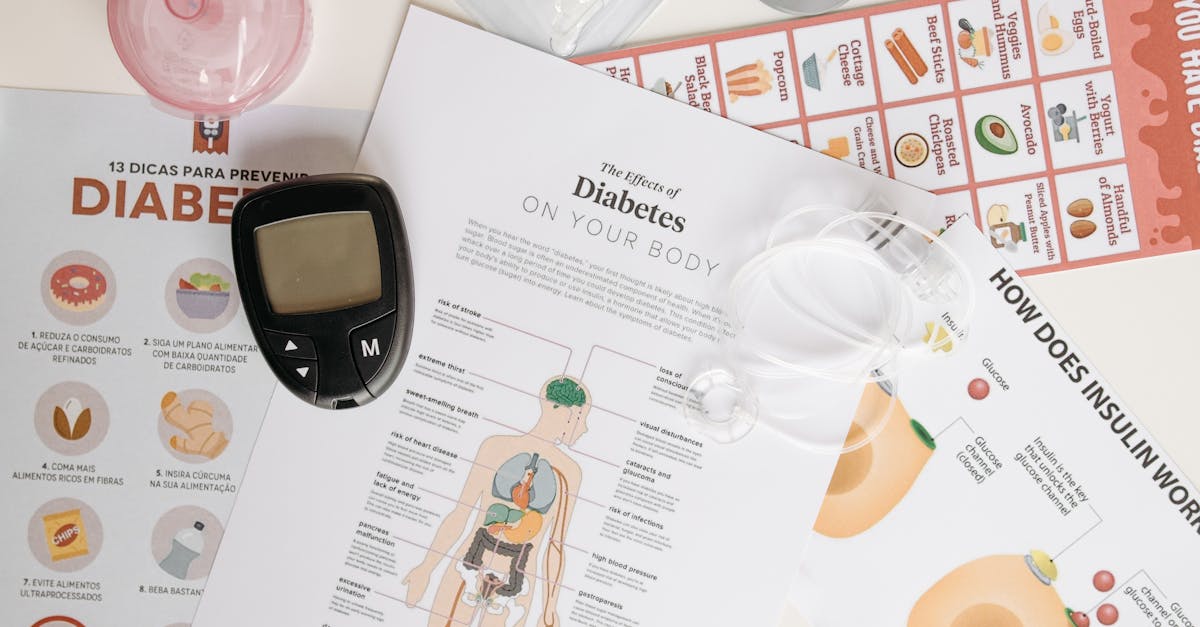Free Dental Implants 101
Introduction
Having a healthy and complete set of teeth is crucial for one's overall well-being and self-esteem. Dental implants offer a robust solution for missing teeth, yet the costs are often prohibitive for many. Fortunately, there are ways to access free dental implants, which can be a life-changing opportunity for those in need.
Advertisement
Understanding Dental Implants
Dental implants are artificial tooth roots made from titanium that are surgically positioned into the jawbone beneath the gum. Once in place, they allow dentists to mount replacement teeth or bridges. Implants offer a permanent solution compared to dentures and retain the cosmetic and functional appeal of natural teeth.
Advertisement
Why Dental Implants Can Be Expensive
The cost of dental implants comprises the surgery, the implant material, and the prosthesis. Additional expenses may include preliminary dental work such as bone grafts or extractions. The complexity of the procedure and the expertise required contribute to the high overall cost, often ranging from $3,000 to $4,500 for a single implant.
Advertisement
Government Assistance Programs
Many dental patients can explore government programs that provide financial assistance for medical and dental procedures. These may include state-funded Medicaid programs or local community health initiatives. While not directly covering implants, these programs may cover related costs, making the overall procedure more affordable.
Advertisement
Charitable Organizations
Several non-profit organizations and charities offer free or reduced-cost dental implants for eligible candidates. These organizations often focus on aiding disadvantaged groups, such as veterans, disabled individuals, or low-income families. Compassionate Dental Care and Dental Lifeline Network are examples of organizations that provide such assistance.
Advertisement
Volunteering for Clinical Trials
Universities, dental schools, and research institutions frequently conduct clinical trials testing new dental implant technologies. Volunteers in these trials often receive free or significantly discounted dental implants. However, participating in a clinical trial involves adhering to specific eligibility criteria and understanding potential risks.
Advertisement
Dental Schools as a Resource
Patients may access reduced-cost implants by visiting dental schools. Here, experienced students perform procedures under close supervision from licensed dental professionals. This can be a viable option for those willing to attend multiple appointments and receive treatment over an extended period as part of the educational process.
Advertisement
Negotiating with Experienced Dentists
Some private dental practitioners may offer flexible payment plans or discounts in special cases. Building a rapport and communication with dentists or clinic management can lead to negotiated discounts or payment arrangements, particularly in their mission-driven practices aimed at serving underprivileged communities.
Advertisement
Eligibility and Application Process
Qualifying for free dental implants typically involves providing proof of financial need or enrollment in specific assistance programs. The process may also require a dental evaluation. It is beneficial to gather comprehensive documentation, including medical history and references, to support application efforts effectively.
Advertisement
Conclusion
While dental implants are often costly, various avenues can help patients access free or affordable options. Awareness of available resources, persistent research, and exploration of financial aid or charity programs can make dental implants a viable option for those in need. By taking proactive steps, individuals can achieve a brighter, healthier smile without the financial burden.
Advertisement


